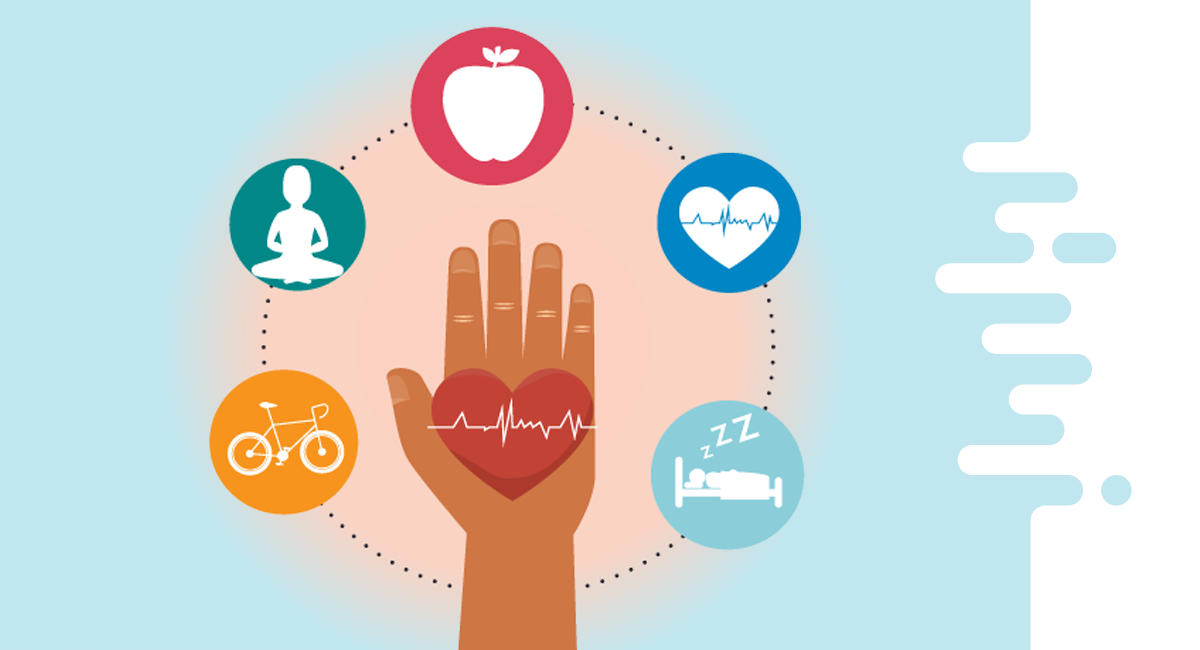The flu isn’t really anything to sneeze at. Each year in South Africa it kills about 10,000 people, those five years and older. While that’s a relatively small number compared with the past year’s Covid-19 deaths, it’s still a heavy toll.
Comparing COVID and the flu
Whilst influenza (Flu) and COVID-19 are both contagious respiratory illnesses, they are caused by different viruses. COVID-19 is caused by infection with a new coronavirus (called SARS-CoV-2), and flu is caused by infection with influenza viruses. Like SARS-CoV-2, flu is transmitted by hitching a lift on droplets from the upper respiratory tract, and by people transferring virus-carrying droplets by hand from surfaces to their nose, mouth and eyes. COVID-19 seems to spread more easily than flu and causes more serious illnesses in some people. It can also take longer before people show symptoms and people can be contagious for longer.
The impact of COVID-19 on the flu
Just like Covid-19, the flu virus transmission is prevented through masking, physical distancing, avoiding poorly ventilated indoor areas, good hand hygiene, and isolating. Therefore, unsurprisingly, many fewer cases of the flu were reported in 2020 than usual – both during lockdown and afterwards. This is no doubt due to the COVID hygiene practises in place. You may have even noticed that you haven’t had the same number of colds over the past year?
What this tells us is that basic principles are effective in preventing the transmission of germs that cause the common cold, the flu and even COVID-19. This is important because, as winter approaches, we don’t want to be faced with the prospect of a “double disease whammy”, COVID plus the flu.
Preventing a “double whammy”
While wait for the roll-out of the COVID-19 vaccine to gather some pace, here are 3 other ways you can improve your overall health and lower the risk of catching COVID-19 or the flu this winter.
- Follow basic COVID regulations
- Wash your hands
- Sanitise
- Wear a mask
- Social distance
- Don’t attend large gatherings
- Maintain a healthy immune system
- Eat well
- Move more
- Make sleep a priority
- Manage your stress
- Expose yourself to some daily sunshine
- Get vaccinated: have an annual flu jab and accept a COVID jab when it becomes available.
Both the flu vaccine and the COVID vaccine are safe and effective. By having the flu jab, your risk of developing any severe complications, if you do happen to get flu, is reduced. This means you won’t be putting any strain on the health system. It also means that if you DO present with severe complications, your doctor can more easily exclude flu as a possible factor. Secondly, it lowers your risk of getting flu which automatically lowers your immunity. With a lower immunity you’re more likely to pick up other infections… and in this case, COVID. Little information is available on the severity of COVID-19 and other viral co-infections. But a recent report suggests that influenza and COVID-19 co-infections may result in more severe disease in high-risk patients and complicate the diagnoses.



